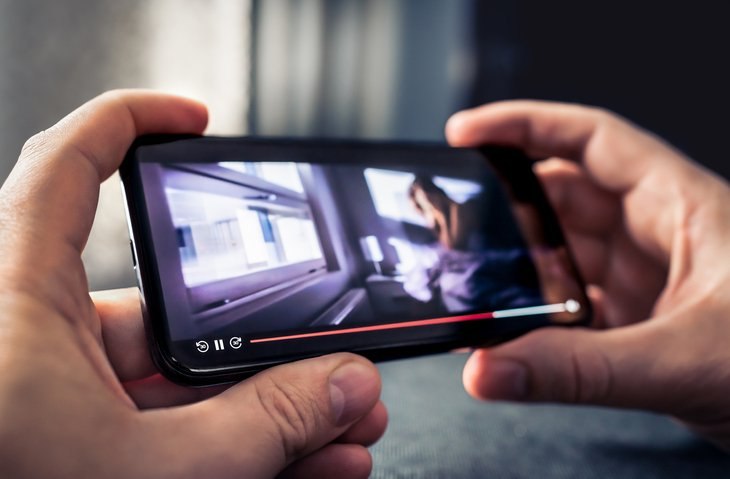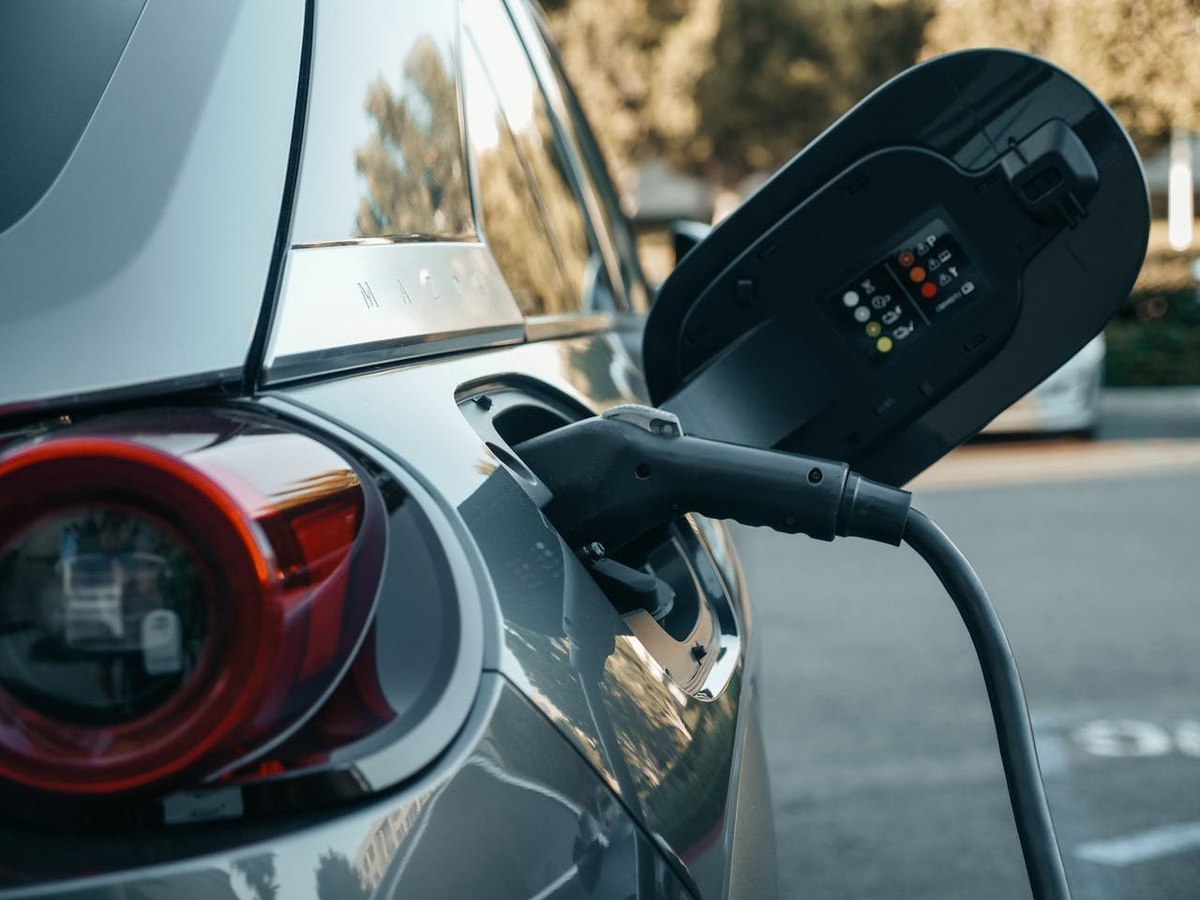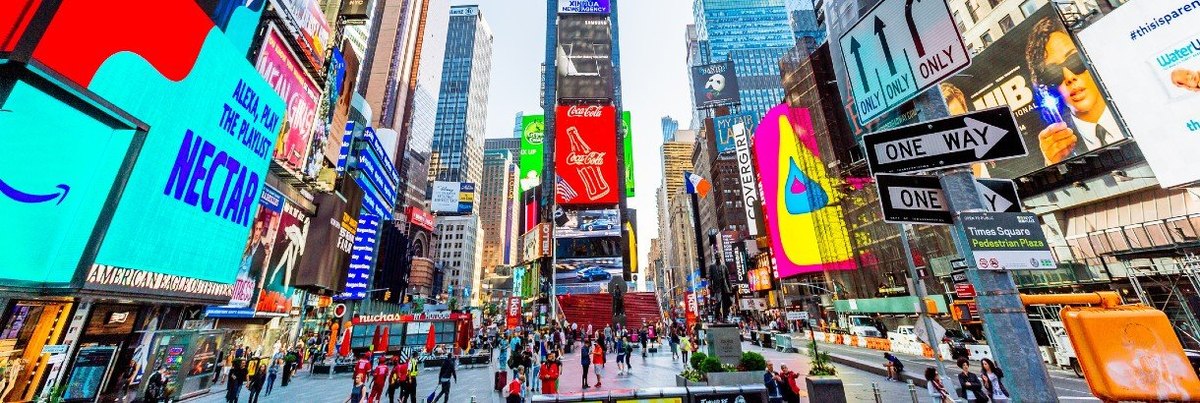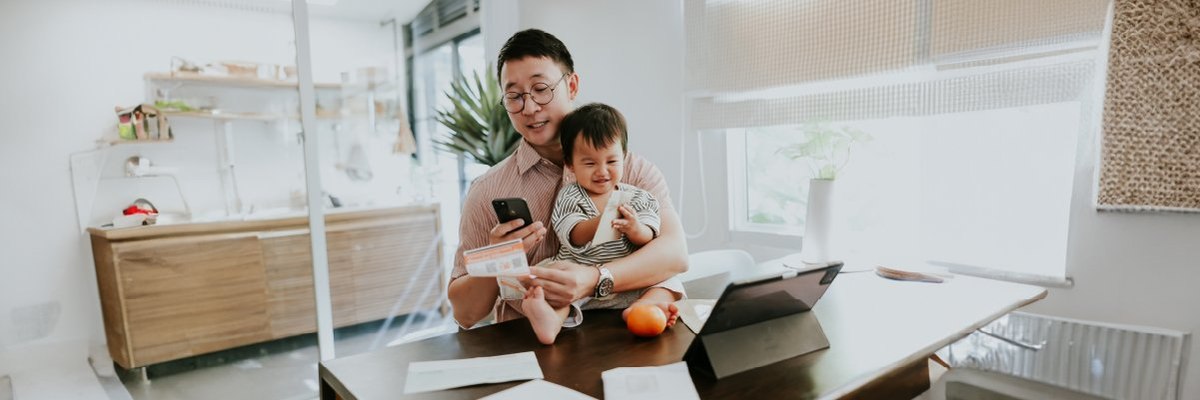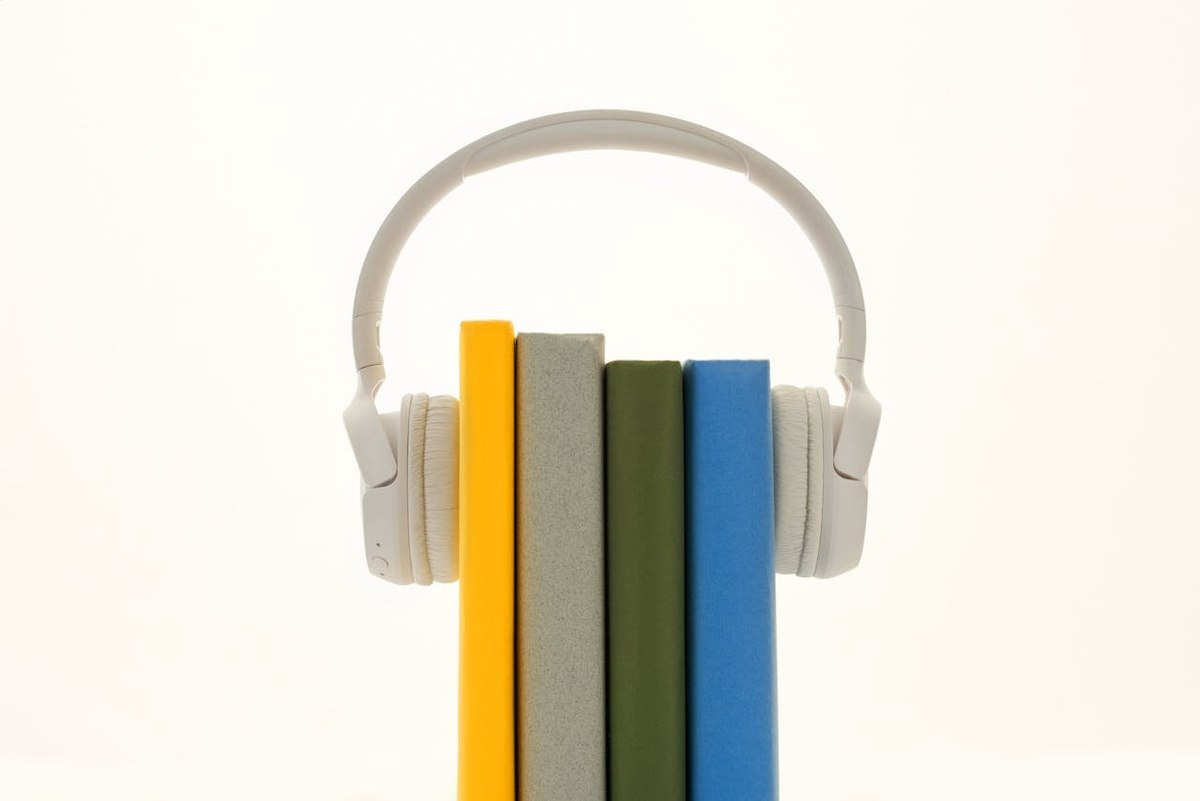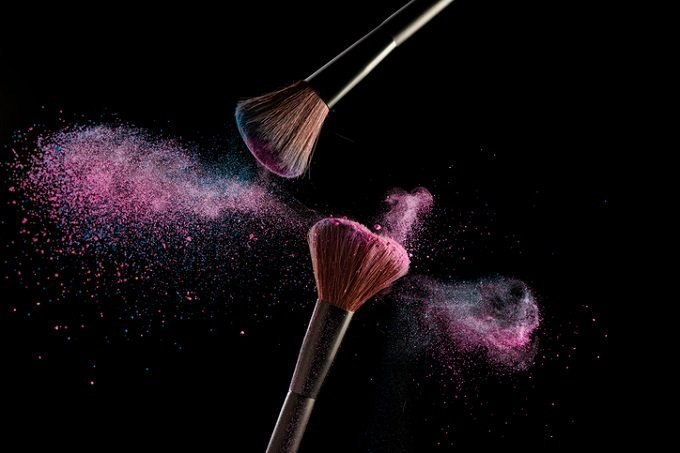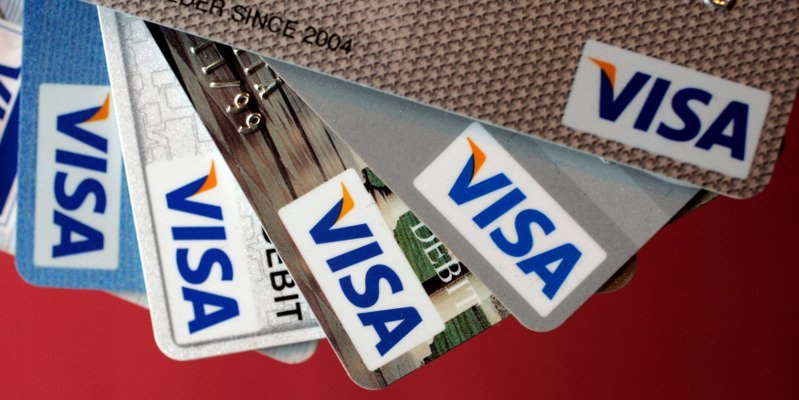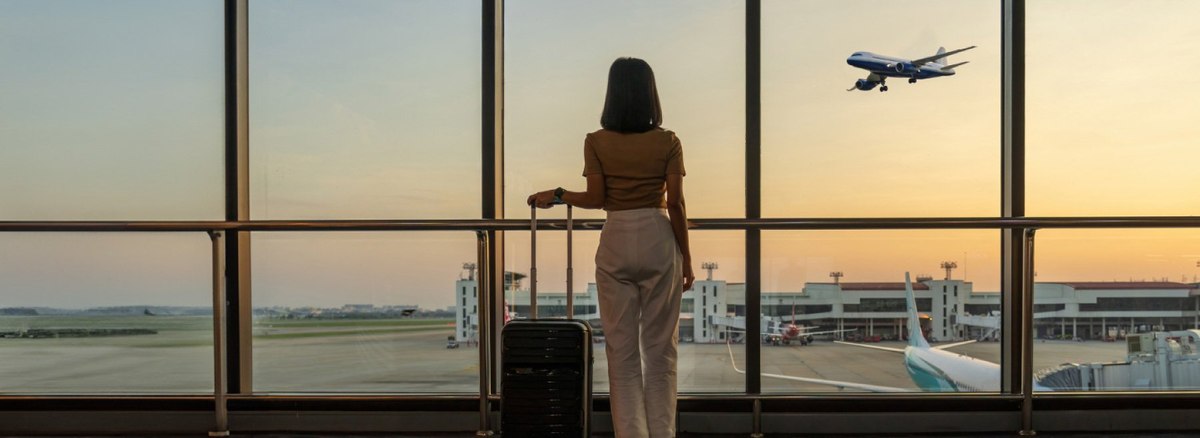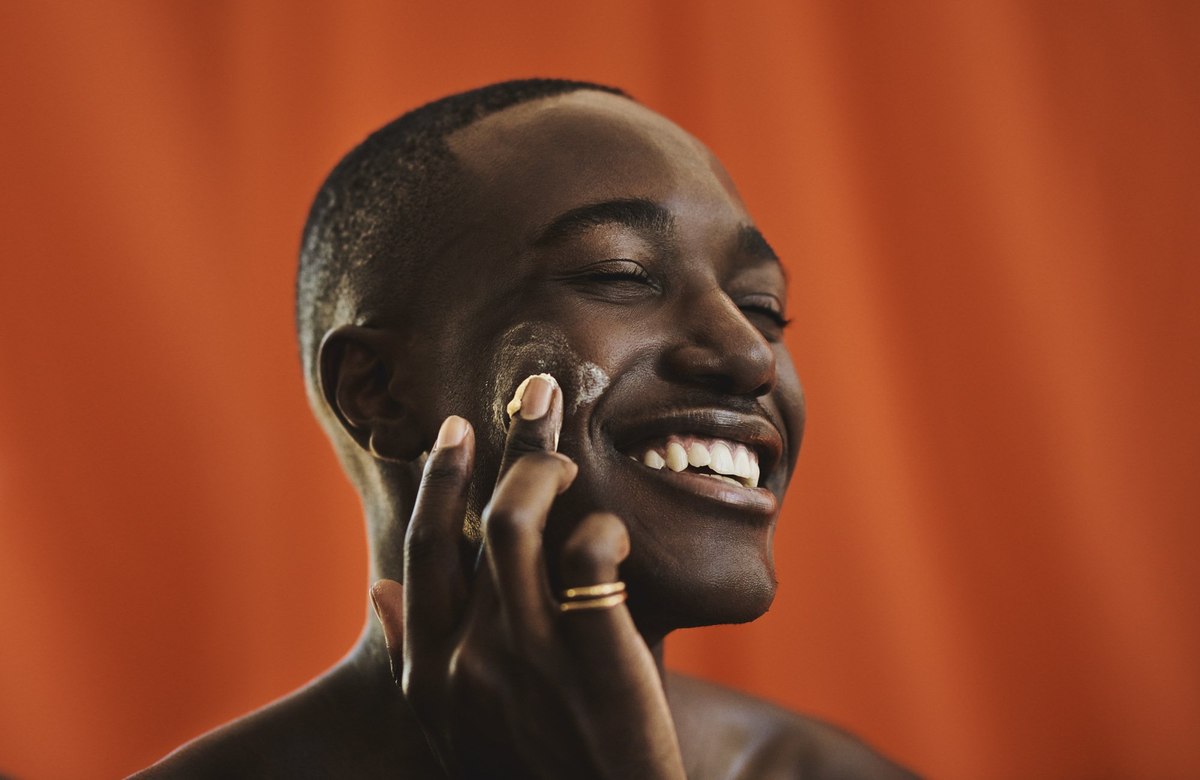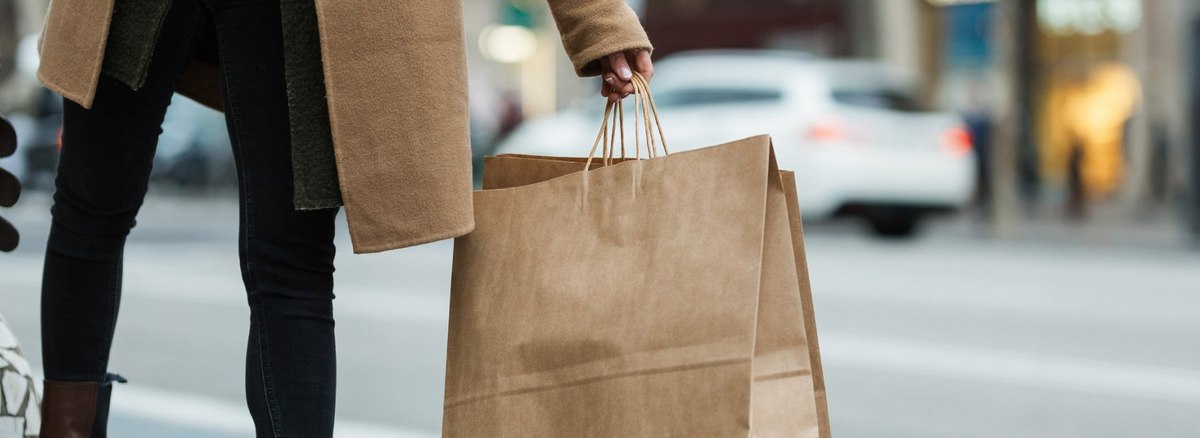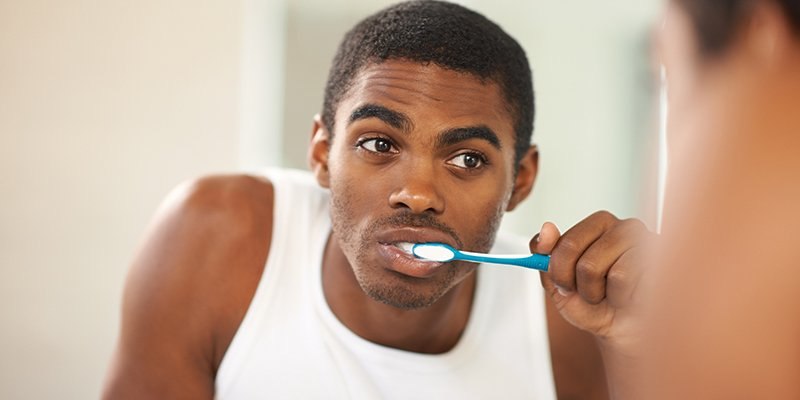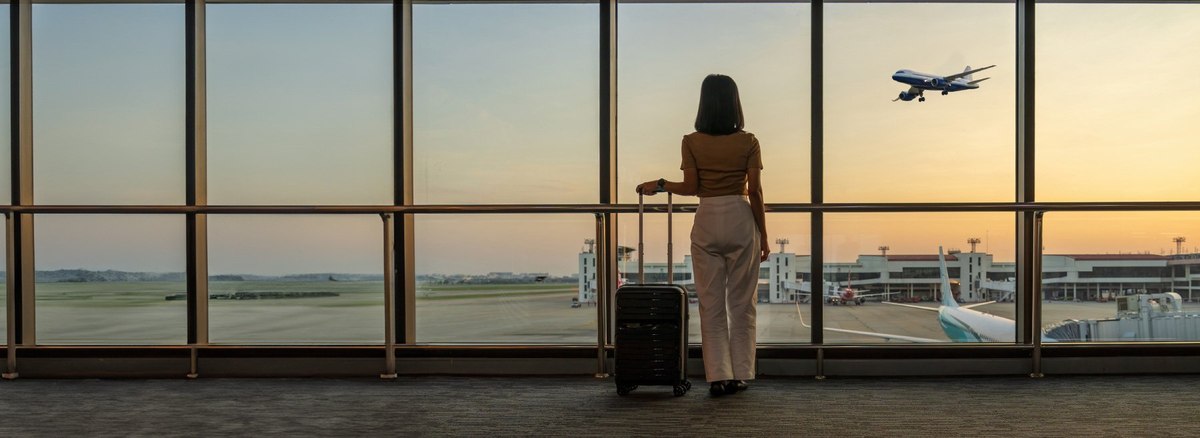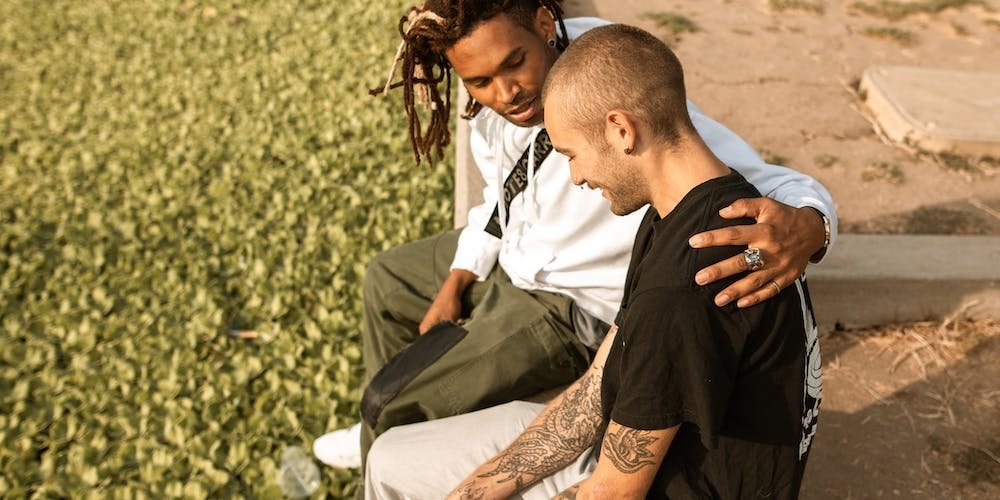
International Men's Day: American men say that money is main barrier to looking after wellbeing
International Men’s Day is round the corner - right in the middle of Men’s Health Awareness Month - and the world is back to debating, celebrating and contemplating all things that worry, delight and concern men. In this piece, we look at some of the issues that impact American men’s lives - particularly, mental health issues and whether men consider themselves mentally healthy and if not, whether they are seeking help.
For this piece, we explore data from YouGov Profiles - which covers demographic, psychographic, attitudinal and behavioral consumer metrics and is based on continuously collected data and rolling surveys.
1. Younger men most likely to keep their feelings to themselves; but more likely to say they’re comfortable witnessing public displays of emotion
57% of American men tend to keep their feelings to themselves
Nearly three in five men (57%) and half of all women (50%) say they tend to keep their feelings to themselves. Conversely, women are more likely than men (50% vs. 43%) to say they readily express their feelings.
Among those who do express their feelings, younger men are less likely to say they do so. More than two in five of 30-to-44-year-olds (44%) and 45-to-64-year-olds (45%) say they readily express their feelings.
Interestingly, when it comes to witnessing public displays of emotion, such as crying, men between 18 and 29 years of age and those between 45 and 64 years of age are more comfortable than those in other age groups say they are.
2. Insufficient money top impediment keeping men from taking part in activities that improve their well-being
43% men say they don’t have enough money to pursue activities to enhance well-being.
When it comes to impediments to activities promoting well-being, insufficient money ranks first among the top five factors cited by both men and women. Over two in five men (43%) and women (44%) say they don’t have enough money to look after themselves as they would like. As for men, insufficient time (29%), being too tired (24%) and a lack of motivation (22%) are some of the other things keeping them from pursuing activities that promote their well-being.
Since the lack of money is the top factor keeping men and women from pursuing activities that improve their wellbeing, we look at YouGov data to see how much personal monthly discretionary income (i.e. income left behind after taxes and expenditure on accommodation, utilities and food) consumers have.
Data shows that 8% of men and 14% of women have nothing left as personal discretionary income each month. More than a quarter of men in the US (26%) and a third of American women (33%) say they have less than $249.99 each month.
Fewer than two in ten (14%) men have between $500 and $999, and 20% of them have $1000 or more as discretionary income each month.
3. Most men agree mental health should be discussed; not many have accessed mental health treatment in the recent past
85% of men agree that it’s important for people to talk discuss mental health
A majority (85%) of men agree that it’s important for people to talk about mental health. Women outpace men in holding this opinion, with 89% of women agreeing.
When it comes to accessing mental health treatments in the past 12 months, numbers on both sides aren’t significant. Less than two in ten (17%) women and 12% of men say they accessed treatment for mental health in the past 12 months.
4. Majority of men say it’s fine to be a stay-at-home-dad; most of them even agree that men and women should equally shoulder household responsibilities
70% of men say it's alright to be a stay-at-home dad.
A majority of men agree with the statement that “It’s fine to be a stay-at-home dad nowadays” - 70% of men in the US are of this opinion. Women are more likely (75%) to agree with the statement.
Further, significant proportions of both men (80%) and women (84%) agree with the statement that “men and women should have equal responsibility in household life.”
5. Younger men are more optimistic about the world, say it’s getting better
64% of men feel the world is getting worse.
While women are more likely than men (70% vs. 64%) to say that all things considered, the world is getting worse, nearly two in ten men (18%) are in fact optimistic about the direction the world is headed in - they say the world is getting better.
By age:
We see that younger men i.e. those between 18 and 29 years of age are the least likely (54%) to say the world is getting worse. On the other hand, older men are more likely to hold a pessimistic view about the direction the world is headed in, with those aged 65 years and above being the most likely to say (74%) the world is getting worse.
6. Men and women equally agree that they both can do more to live life to the fullest
80% men feel they could do more to live life to the fullest.
A marginally higher proportion of women than men think they could do more to live life to the fullest (82% vs. 79%), while 18% of them claim they almost always feel like they are living life to the fullest.
A majority of 18-29-year-old men and 45-64-year-old men (82% each) say they think they could do more to live life to the fullest.
Looking at sentiments towards another statement - “I can’t do much to change my life” - we see that men (37%) are more likely than women (34%) to agree with this statement.
Explore our living data - for free
Discover more health and pharma content here
Want to run your own research? Run a survey now
Make smarter business decisions with better intelligence. Understand exactly what your audience is thinking by leveraging our panel of 20 million+ members. Speak with us today.
Methodology: YouGov Profiles is based on continuously collected data and rolling surveys, rather than from a single limited questionnaire. Profiles data for the US is nationally representative and weighted by age, gender, education, region, and race. Learn more about Profiles.
Photo by Mental Health America (MHA) on Pexels


